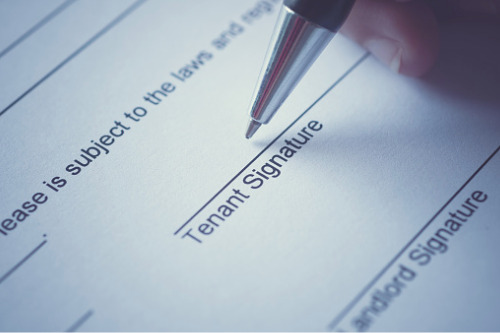

While many sectors of the economy have received direct governmental aid to see them through the COVID-19 induced economic downturn, an overlooked segment of the property market has been brought to attention by the CEO of a property developer advocacy group.
As put by Urban Taskforce CEO Tom Forrest, contract law has been “flipped on its head” with commercial property lessors now responsible for bearing the financial stress of their tenants, a shift which carries unknown longer-term implications.
“In the enthusiasm of governments around the nation being proactive with financial support for COVID-19, commercial landlords have been abandoned – particularly those who rely on small to medium sized enterprises for their income,” said Forrest.
“Commercial property lessors now must bear the burden of the financial stress of their tenants. In the context of COVID-19, this seems, superficially, a case of sharing the pain in the ‘unprecedented’ economic situation. But the precedent is now established - and it is dangerous.”
Part of the issue, as Forrest sees it, is the ambiguity around the guidance the government has provided to commercial property owners as compared to the more clear and comprehensive support measures directed elsewhere, like JobKeeper and JobSeeker.
“But when it came to commercial property owners, they were told to ‘negotiate’ with tenants. No requirement of proof of loss of income from the lessee. A simple ban on the evictions for six months and the unhelpful suggestion that rent be waived and/or deferred,” said Forrest.
The issue is thrown into sharper contrast when compared to other sectors which are also in a position to provide relief to struggling business owners, but who aren’t being asked to absorb losses themselves.
“For all the glorified exaltation of the banks’ moratorium on loan repayments – mostly coming from the ABA – a deferred loan must still be paid off,” said Forrest.
“In fact, there has been no talk of banks waiving the additional interest that accrues during the moratorium period. And yet commercial property owners are required to waive or reduce rent.”
According to Forrest, it’s impossible to accurately gauge the longer impact such a pivot will have on the value of commercial property.
“There is a domino effect here. When rents drop, the value of the property drops. When the property value drops, the capital value that underpins a mortgage can fall below the minimum ratio required by the bank or the mortgage agreement,” he explained.
“That alone could cause a commercial landlord to go into default. Then you add the pressure arising from the government mandated period of landlord funded social welfare for small-medium enterprises, and you start to see the potential for a medium-term collapse in the market.
“Do property owners need to now factor in a special risk premium for failed businesses or future lockdowns?”
Forrest expects the commercial property sector to “cop a hammering” from the COVID-19 pandemic, as retail sales plummet and the demand for office accommodation similarly declines, with rising unemployment, ongoing social distancing and the possibility of a second wave adding additional pressure.
“It's time that treasurers and policymakers take another look at this,” he concluded.
